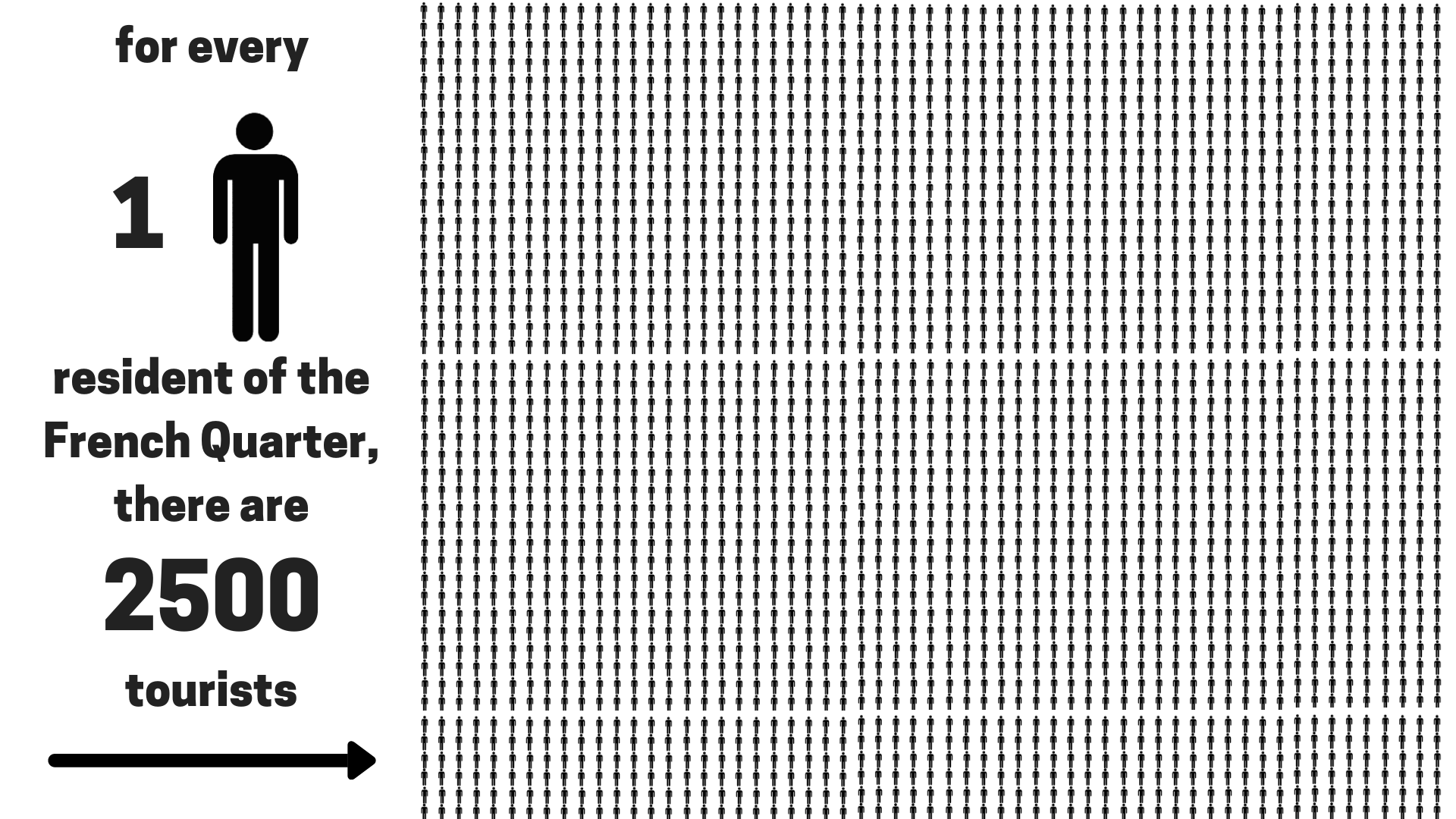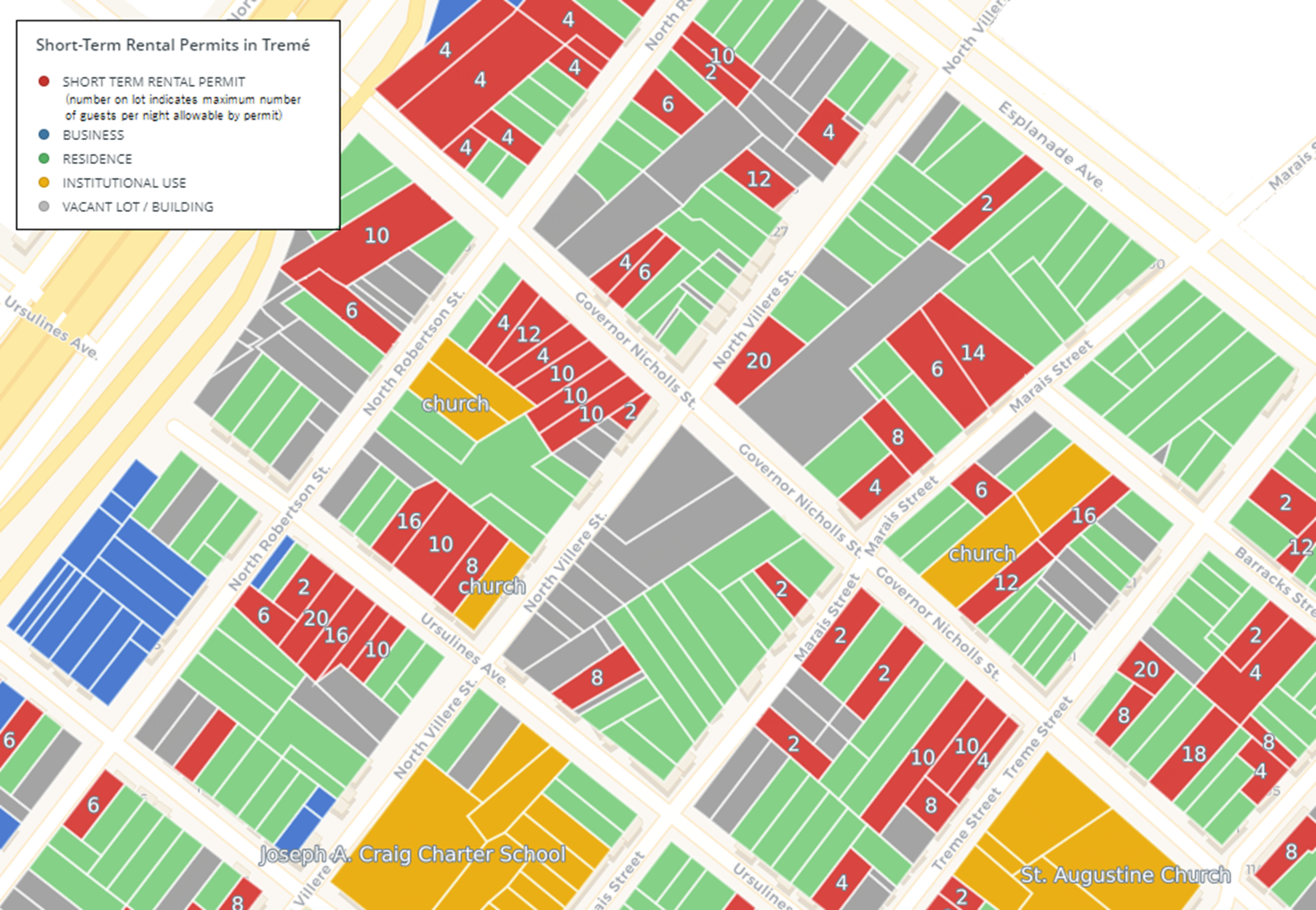G O O D N E W S !
another chance to weigh in on short-term rentals
CITY PLANNING COMMISSION MEETING TO HOLD ADDITIONAL MEETING ON SHORT-TERM RENTALS
WEDNESDAY, OCTOBER 3 1 P.M.
CITY COUNCIL CHAMBERS
At Tuesday’s marathon City Planning Commission meeting, the commissioners agreed that there had not been enough time for the public, or for themselves, to fully digest and analyze the 155 page staff report. They acted to defer their vote, and to have a second CPC meeting dedicated to short-term rentals.
We thank the City Planning Commissioners and CPC staff for working to ensure a robust and thorough public process!
The big news here is that the public now has another chances to weigh in. If you couldn’t attend yesterday’s meeting (or couldn’t stay), you can attend next Wednesday’s meeting.

There are numerous suggestions included in the 155 page CPC staff report (click here to read the full report), some of which we support wholeheartedly, some of which we oppose, and some of which we think don’t go far enough. Working with other members of the Short-Term Rental Committee, we analyzed the report. A summary of that analysis is below, and a more complete analysis can be found here.
Please note that we have done our best to review and evaluate the findings in the report, but the short time frame means that our analysis may be less than completely thorough. We look forward to a robust, deliberative public process by the City Planning Commission and the City Council to ensure that the end result reflects the best possible solution to protect New Orleans neighborhoods and neighbors.
Areas of support
- Requiring residential category STR operators to be on-site during guest stays in residential areas
- Requiring homestead exemptions for one of the two residential category STRs
- Maintaining the ability of owner-occupants to rent out portions of their homes (“accessory” permit under current regulations), either in-unit or in another unit on the parcel
- Limiting commercial category STRs in less-intense, neighborhood business zones
- Increasing the required contributions of the STR industry toward the Neighborhood Improvement Housing Fund for affordable housing
- Increasing maximum fines on violators
Areas of concern
- Creating a “special event” category, which would be a difficult-to-enforce gray area
- Using STRs as a form of blight remediation in historic neighborhoods, where there is very little market-caused blight
Areas of opposition
- Allowing non-owner-occupants to obtain STR licenses, which could perpetuate ownership of multiple units by single investors/companies
- Lack of specifics for platform accountability, particularly financial consequences for companies like Airbnb, HomeAway, etc., which will be absolutely necessary to effective enforcement
- Lifting the French Quarter ban, which has been in effect since 1969
- Lack of a mechanism for extending the ban to the Garden District and other vulnerable or highly-impacted neighborhoods.


